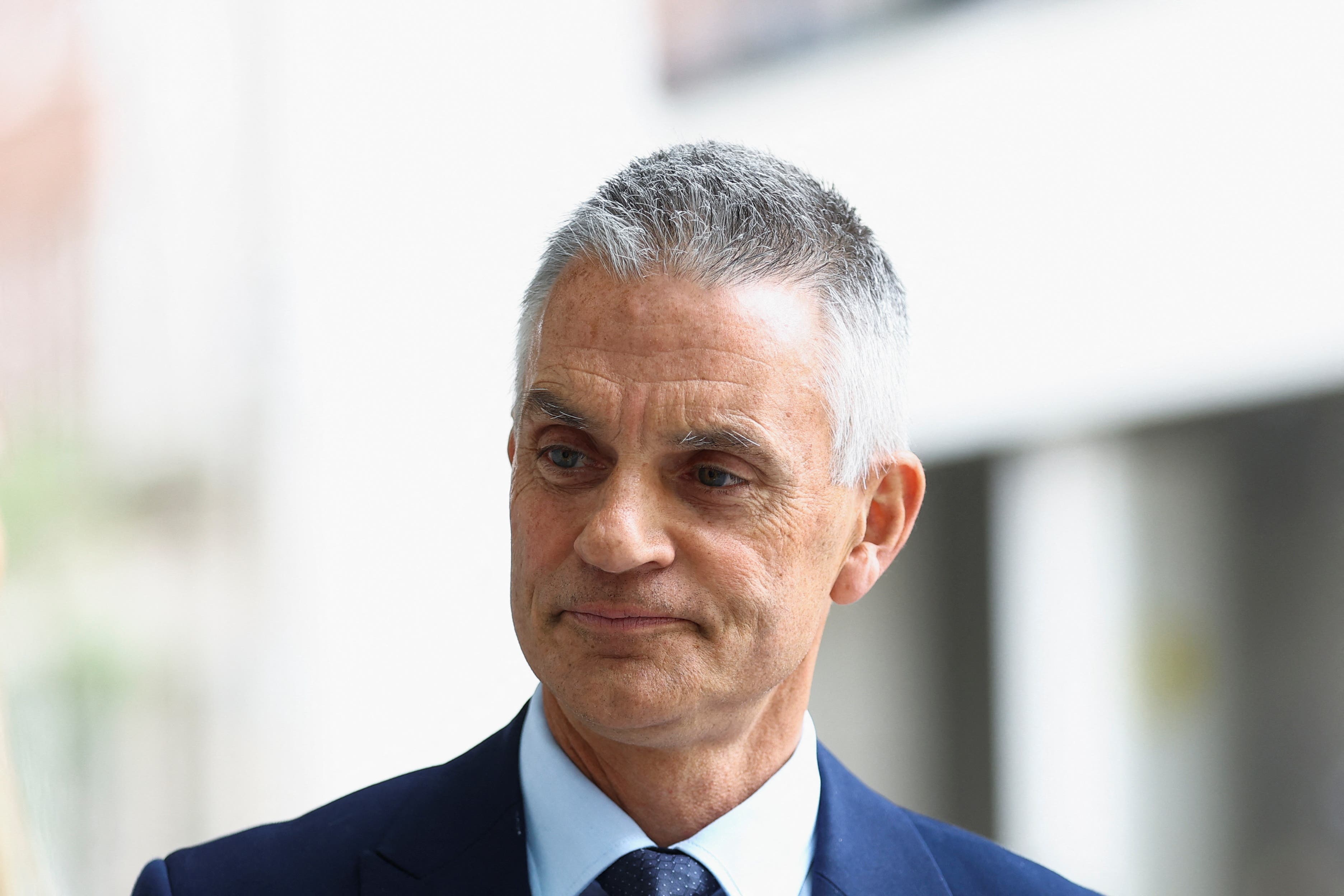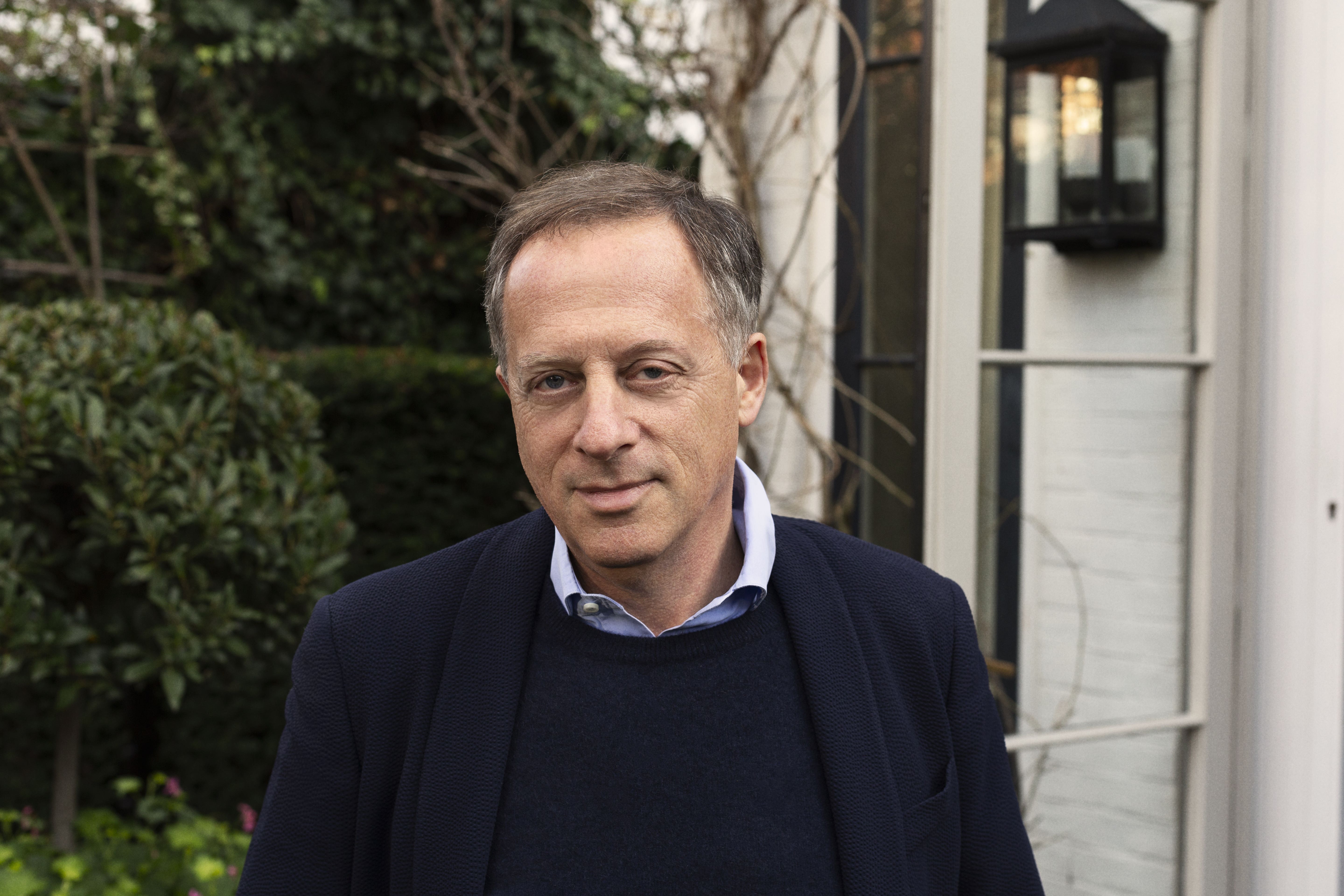
Conservative MPs expressed their outrage over the “climbdown” which sees Gary Lineker’s return to the BBC without any apology for his attack on the Rishi Sunak government’s small boats crackdown.
Confirming Lineker would return to Match of the Day, director-general Tim Davie said the presenter “will abide by the editorial guidelines” until a review of social media policy is complete.
But furious Tories said it gave Lineker “carte blanche” to say what he wanted following his brief suspension for a tweet comparing the language used to launch a Rishi Sunak’s asylum bill to that of 1930s Nazi Germany.
Craig MacKinlay, MP for South Thanet, told The Independent: “The BBC climbdown with an apology and carte blanche to do as he pleases on social media is remarkable.”
He added: “His eight million Twitter following is on the back of his ongoing celebrity due to his BBC contract – he can now seemingly push his highly political anti-government agenda and cause offence to many with impunity. I know of no other employer who would permit this.”
Philip Davies, MP for Shipley, told The Independent that the “pathetic capitulation” would hasten the end of the licence fee. “The BBC can no longer credibly claim it believes in political impartiality, and – more importantly – it has proved it doesn’t have the stomach to enforce it.”
He added: “This pathetic capitulation by the BBC is the start of the end for the licence fee. His epitaph will read ‘Gary Lineker – the man who destroyed the BBC licence fee’. This is a watershed moment.”
Tory MP David Jones said: “This says more about the weakness of the director-general”, arguing Lineker’s reinstatement without “an enforceable undertaking not to engage in political tweeting again” would let down licence fee payers.”
Mr MacKinlay, Mr Davies, Mr Jones and a few dozen other Tory MPs in the Common Sense Group had signed a letter demanding an apology from Lineker and the BBC – urging the corporation “not to fold” on his suspension.
Tom Hunt MP, deputy chair of the Tory group, urged the BBC not to use to the review to allow freelancers like Lineker to “hide behind” contracts and avoid impartiality rules.
“If they’re paid millions by the taxpayer and widely perceived to be BBC presenters clearly that should come with duties re impartiality,” he said.
Lineker added a political message to a tweet thanking people for their support on Monday, saying his tough few days “simply doesn’t compare to having to flee your home from persecution or war to seek refuge in a land far away”.
Former BBC news executive Sir Craig Oliver also described Lineker’s return to Match of the Day as a “capitulation”. Sir Craig, the No 10 communications chief under David Cameron, added: “I think what’s happened here is Gary Lineker 1 – BBC credibility 0.”
He added: “The reality is the BBC today has announced it will have a review of its social media guidelines. In fact, it needs a review of how it handles crisis like these.”
Former BBC foreign correspondent Jon Sopel used the analogy of Liverpool’s recent mammoth 7-0 win, tweeting: “Umm. To put this in footballing terms, this is akin to the result at Anfield last weekend. And Lineker is Liverpool.”

Richard Ayre, the former controller of BBC editorial policy, said the independent review to rewrite social media guidelines was “going to be a nightmare”.
He told the BBC: “Whatever emerges will be unsatisfactory to a significant number of people. It’s not remotely a problem solved. It’s a problem shelved for the time being.”
Labour and others have said chairman Richard Sharp’s position was now “untenable” – arguing he was compromised by the investigation into whether he failed to properly share details of his involvement in facilitating an £800,000 loan for Boris Johnson.
Roger Bolton, an ex-senior executive at the BBC, is among several former top corporation figures to call for chairman Richard Sharp to resign since he could no longer oversee questions of impartiality.
Mr Bolton told The Independent: “Who is going to carry out the review? It will be the BBC board that decides on whether to act on its recommendations, and chairman Richard Sharp is the most important figure on the board.”

The media expert, who hosts of Roger Bolton’s Beeb Watch podcast, added: “Can you have someone in charge who is not seen as impartial by many people? How can he stay? In the biggest crises for the BBC for the last few years he could not fulfil his role. He should make way.”
Former Tory cabinet minister Jacob Rees-Mogg said he was “not fussed” about Lineker attacks on the government – but claimed it strengthened his argument for ditching the licence fee model.
“The issue is that the BBC is the state broadcaster and that it’s funded by a tax on televisions. If it weren’t, then we wouldn’t need to worry about its impartiality,” he told GB News.
Mr Rees-Mogg added: “Actually, if we change the funding mechanism of the BBC, we could have a much freer media, as they do in the United States, where people are allowed to say what they think.”
Labour leader Sir Keir Starmer has described Mr Sharp’s position as “increasingly untenable” over the Lineker row. And Liberal Democrat leader Sir Ed Davey said it was time for Mr Sunak to sack Mr Sharp.







